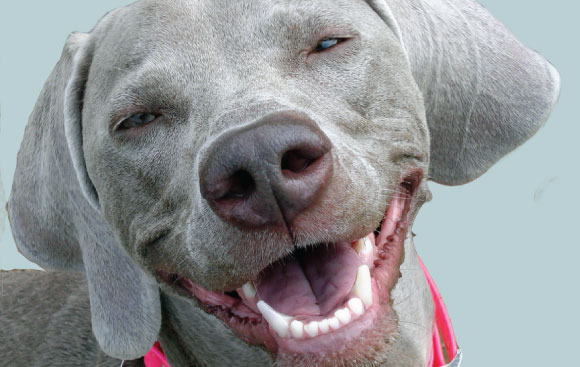Being a pet owner also involves taking responsibility for anything that pertains to your pet’s health. However, one area of pet care is often neglected and that is the ‘dental’ aspect.
Usually a dog develops twenty-eight deciduous teeth as a puppy between three to four weeks which would later increase to about forty-two permanent teeth by six to eight months. Therefore, there must be a kind of routine to be followed to ensure that your dog is healthy and those steps shall be discussed below but before that, the adverse effect of poor dental care must be noted.
Just as in humans, the mouth is relatively very warm and since you cannot always control what actually goes to your dog’s mouth every point in time, certain measures should be taken to ensure that your dog has good dental care. A dog’s mouth could harbour dangerous bacteria that can cause series of ailment and dental diseases such as tartar, or even Pyorrhea which can be very painful to your dog and may even render an affected dog quite inactive because the gum would have been inflamed. This may further result in the slackening of the teeth accompanied by emission of pus.
Apart from all these oral ailments, the inability to give a dog the oral care it deserves may lead to the establishment of bacteria colony in such a dog’s mouth and the toxins produced from such bacteria may affect vital organs such as the kidney, liver and even the heart.
To avoid this, the following steps must be followed:
- Do not wait for your dog to be in serious pain and down and out before you know what the matter is, search for signs yourself. Because you are most familiar with your dog, create a time for a general checking of your dog’s mouth on your own to fish out any kind of unusual symptoms.
- Sign up for a wellness program for your dog at a registered veterinary clinic. Your dog is entitled to a general check-up at least twice in a year with special attention being paid to the mouth.
- Protect your dog against some oral ailments. Regular vaccination and administration of prescribed medication by a registered vet doctor could serve as a form of prevention.
- Brush your dog’s teeth regularly at home or as advised by your vet doctor. It is very important that you always consult your vet doctor before choosing a particular brand of toothpaste so as to know whether your dog is allergic to some of the ingredients. There are other ways of dental cleaning for a dog such as giving them dental biscuits.
- Finally, always be observant. Take away any hard and inedible substances away from your dog’s reach so as to prevent the dog from fracturing its teeth. Having a fractured tooth may irritate your dog’s nerves and cause an opening in the teeth which may turn out to be a source of infection.
Following a strict dental regime will help keep your dog happy and healthy for years to come. A little care now may save your dog a lot of suffering later on.


Recent Comments